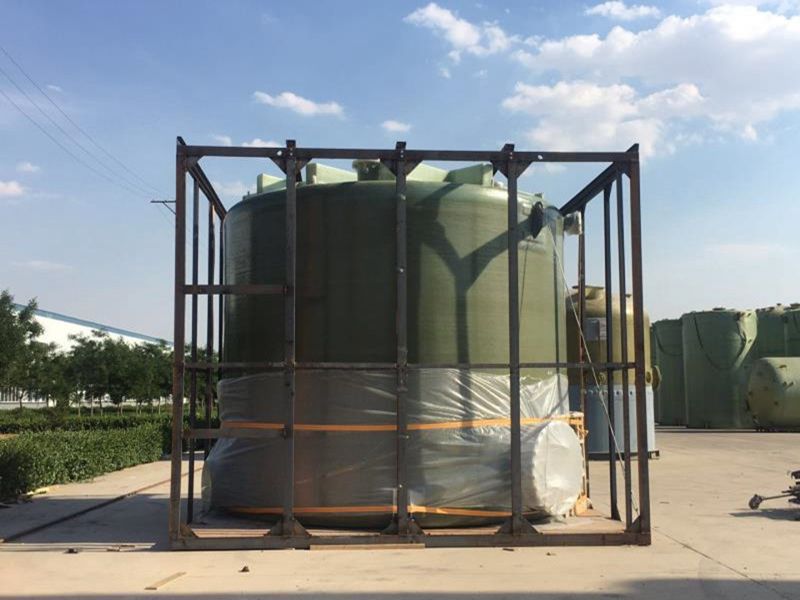
-
 Afrikaans
Afrikaans -
 Albanian
Albanian -
 Amharic
Amharic -
 Arabic
Arabic -
 Armenian
Armenian -
 Azerbaijani
Azerbaijani -
 Basque
Basque -
 Belarusian
Belarusian -
 Bengali
Bengali -
 Bosnian
Bosnian -
 Bulgarian
Bulgarian -
 Catalan
Catalan -
 Cebuano
Cebuano -
 China
China -
 China (Taiwan)
China (Taiwan) -
 Corsican
Corsican -
 Croatian
Croatian -
 Czech
Czech -
 Danish
Danish -
 Dutch
Dutch -
 English
English -
 Esperanto
Esperanto -
 Estonian
Estonian -
 Finnish
Finnish -
 French
French -
 Frisian
Frisian -
 Galician
Galician -
 Georgian
Georgian -
 German
German -
 Greek
Greek -
 Gujarati
Gujarati -
 Haitian Creole
Haitian Creole -
 hausa
hausa -
 hawaiian
hawaiian -
 Hebrew
Hebrew -
 Hindi
Hindi -
 Miao
Miao -
 Hungarian
Hungarian -
 Icelandic
Icelandic -
 igbo
igbo -
 Indonesian
Indonesian -
 irish
irish -
 Italian
Italian -
 Japanese
Japanese -
 Javanese
Javanese -
 Kannada
Kannada -
 kazakh
kazakh -
 Khmer
Khmer -
 Rwandese
Rwandese -
 Korean
Korean -
 Kurdish
Kurdish -
 Kyrgyz
Kyrgyz -
 Lao
Lao -
 Latin
Latin -
 Latvian
Latvian -
 Lithuanian
Lithuanian -
 Luxembourgish
Luxembourgish -
 Macedonian
Macedonian -
 Malgashi
Malgashi -
 Malay
Malay -
 Malayalam
Malayalam -
 Maltese
Maltese -
 Maori
Maori -
 Marathi
Marathi -
 Mongolian
Mongolian -
 Myanmar
Myanmar -
 Nepali
Nepali -
 Norwegian
Norwegian -
 Norwegian
Norwegian -
 Occitan
Occitan -
 Pashto
Pashto -
 Persian
Persian -
 Polish
Polish -
 Portuguese
Portuguese -
 Punjabi
Punjabi -
 Romanian
Romanian -
 Russian
Russian -
 Samoan
Samoan -
 Scottish Gaelic
Scottish Gaelic -
 Serbian
Serbian -
 Sesotho
Sesotho -
 Shona
Shona -
 Sindhi
Sindhi -
 Sinhala
Sinhala -
 Slovak
Slovak -
 Slovenian
Slovenian -
 Somali
Somali -
 Spanish
Spanish -
 Sundanese
Sundanese -
 Swahili
Swahili -
 Swedish
Swedish -
 Tagalog
Tagalog -
 Tajik
Tajik -
 Tamil
Tamil -
 Tatar
Tatar -
 Telugu
Telugu -
 Thai
Thai -
 Turkish
Turkish -
 Turkmen
Turkmen -
 Ukrainian
Ukrainian -
 Urdu
Urdu -
 Uighur
Uighur -
 Uzbek
Uzbek -
 Vietnamese
Vietnamese -
 Welsh
Welsh -
 Bantu
Bantu -
 Yiddish
Yiddish -
 Yoruba
Yoruba -
 Zulu
Zulu
frp weir
Understanding FRP Weirs Applications and Advantages
Fiber-Reinforced Polymer (FRP) weirs have emerged as a pivotal solution in water management systems, particularly in the realms of hydrology and environmental engineering. Weirs are structures that interrupt the flow of water in open channels, and they play a crucial role in flow measurement, flood control, and water level regulation. The combination of FRP materials in weir construction brings numerous advantages that cater to modern engineering requirements.
What is an FRP Weir?
FRP weirs are structures made primarily from fiber-reinforced polymers, which are composite materials comprised of a polymer matrix reinforced with fibers such as glass, carbon, or aramid. This innovative material offers a lightweight alternative to traditional concrete or steel, making it easier to transport and install. The versatility and engineering properties of FRP make it an ideal material for constructing weirs that need to withstand the harsh conditions often encountered in hydraulic applications.
Applications of FRP Weirs
FRP weirs are employed in a wide variety of applications, including
1. Hydraulic Measurement These weirs are often used for flow measurement in rivers, streams, and irrigation channels. By creating a controlled flow condition, FRP weirs allow for accurate readings of water flow rates, facilitating better management of water resources.
2. Environmental Protection In environments where traditional construction materials might fail, FRP weirs provide excellent resistance to corrosion and chemical exposure. This makes them suitable for use in wastewater treatment facilities or areas susceptible to chemical runoff.
3. Flood Control As climate change leads to increased instances of flooding, FRP weirs can be utilized to regulate water levels and mitigate flood risks. Their strength and stability allow for effective management of stormwater.
4. Agricultural Irrigation In agricultural settings, FRP weirs help manage water distribution more efficiently, ensuring optimal conditions for crops. They can easily be integrated into existing irrigation systems due to their lightweight and adaptable nature.
frp weir

Advantages of FRP Weirs
The growing preference for FRP weirs can be attributed to several key advantages
1. Lightweight Construction One of the most significant benefits of FRP is its lightweight nature. This characteristic simplifies transportation and handling, leading to reduced labor costs and faster installation processes. Traditional concrete options often require heavy machinery for placement, while FRP can be installed more readily.
2. Corrosion Resistance FRP materials exhibit excellent resistance to environmental challenges, including moisture, chemicals, and UV radiation. This durability ensures a longer lifespan for weirs, reducing maintenance needs and costs over time.
3. Customizability FRP can be manufactured to various shapes and sizes, allowing engineers to design weirs that meet specific project requirements. This customizability makes FRP weirs suitable for unique applications where standard solutions may not suffice.
4. Cost-Effectiveness Although the initial investment in FRP products might sometimes be higher than traditional materials, the long-term savings from reduced maintenance, lower installation costs, and extended lifespan often result in a more cost-effective solution overall.
5. Reduced Ecological Impact In environmentally sensitive areas, the installation of FRP weirs can be designed to minimize disturbances to local ecosystems. Their lightweight nature means less heavy machinery is required during construction, which can help preserve the surrounding environment.
Conclusion
In summary, FRP weirs represent a significant advancement in water management solutions, offering enhanced performance, durability, and adaptability compared to traditional materials. As water management demands continue to grow, leveraging the unique properties of fiber-reinforced polymers promises to provide innovative solutions to engineers and environmentalists alike. The future of water infrastructure may very well depend on the expanding use of FRP technologies, paving the way for more resilient and efficient water management systems worldwide.









